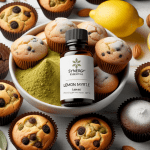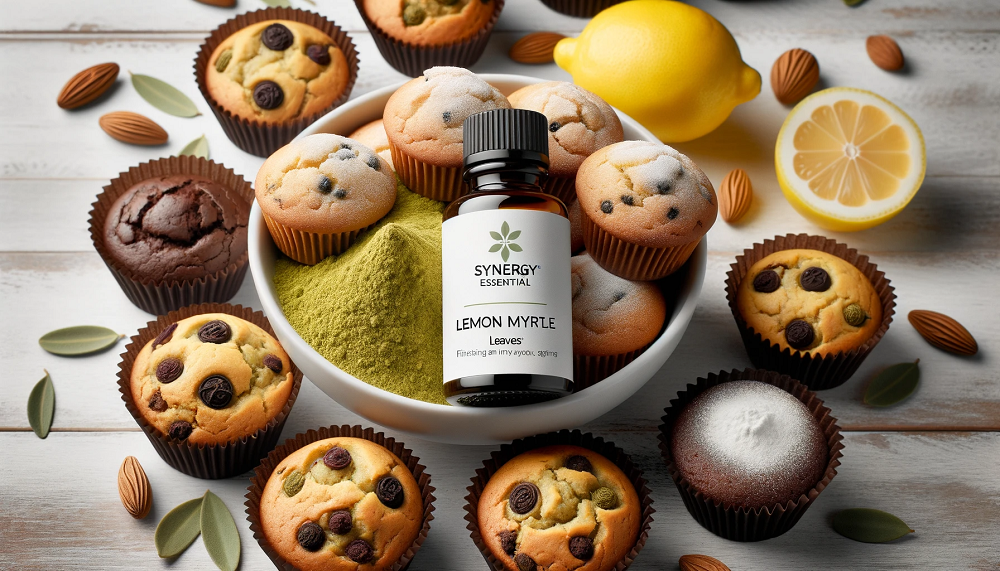TL;DR:
- Manuka leaves contain antioxidant, antiviral, and antibacterial compounds.
- Emerging research suggests potential neuroprotective effects relevant to Alzheimer’s disease.
- Traditionally used for skin health, relaxation, and natural wellness support.
- Available in teas, topical infusions, and essential oils — choose quality sources.
- Always consult a health professional for medical concerns.
What It Is and Why It Matters Now
Manuka (Leptospermum scoparium) is a native plant of New Zealand and Australia, long cherished for its honey. In recent years, attention has expanded to the therapeutic potential of its leaves. They are rich in bioactive compounds including flavonoids and triketones, which may contribute to broad-spectrum antimicrobial activity. Renewed interest comes from studies indicating possible brain health benefits in aging populations, alongside longstanding topical and soothing applications. According to recent scientific reviews, manuka leaves could complement certain wellness regimens, though more human studies are needed. The nutraceutical industry is now exploring safe, sustainable ways to harness these properties.
Benefits and Evidence
Antioxidant support: Manuka leaves contain compounds that help combat oxidative stress, potentially supporting overall cellular health.
Antiviral and antibacterial activity: Laboratory studies show extracts can inhibit certain bacteria and viruses, underscoring their traditional use in cleansing and wound care.
Neuroprotective potential: Preliminary research has spotlighted manuka leaf extract’s ability to protect nerve cells in models of Alzheimer’s disease, offering potential for future therapeutic strategies.
Anti-anxiety properties: Anecdotal and early experimental evidence suggest calming effects, possibly linked to the plant’s unique aromatic profile.
Limits & Safety: Evidence is still emerging, particularly in clinical settings. Always use manuka leaf products as part of a balanced wellness approach, and avoid self-treatment of serious conditions without professional guidance.
How to Use
Manuka leaves can be enjoyed and applied in several forms. Here are some practical options:
| Form | Primary Use | Preparation Tips |
|---|---|---|
| Tea infusion | Relaxation, antioxidant intake | Steep 1–2 tsp dried leaves in hot water for 5–7 minutes |
| Topical oil infusion | Skin health, soothing minor irritations | Infuse leaves in a carrier oil for 1–2 weeks before use |
| Essential oil | Aromatherapy and cleansing | Use a diffuser for a calming atmosphere |
| Bath soak | Relaxation, skin hydration | Add a muslin pouch of dried leaves to warm bathwater |
Tip: Always check product instructions and avoid ingesting essential oils.
Quality and Sourcing
High-quality manuka leaf products should be sourced from regions known for sustainable cultivation, free from pesticide contamination. Look for certifications that indicate purity and ethical harvesting.
At Synergy Essential, we prioritize traceability and rigorous testing to ensure our manuka leaf offerings maintain integrity from plant to product.
FAQs
Can manuka leaf tea replace green tea for antioxidants?
Manuka leaf tea offers antioxidants, but its profile differs from green tea. Both can complement a varied diet.
Is manuka leaf safe during pregnancy?
There is limited research; consult your healthcare provider before use.
Will manuka leaves help with colds?
They have traditional use for soothing symptoms, but evidence is preliminary. They should not replace medical treatment.
Are manuka leaves different from manuka honey?
Yes. The leaves and honey come from the same plant but have distinct compounds and uses.
How long can dried manuka leaves be stored?
In airtight containers away from light and moisture, they can last up to 12 months.
Disclaimer
This article is for informational purposes only and does not constitute medical advice. Always consult a qualified healthcare professional before beginning any new wellness regimen.
Conclusion
Manuka leaves offer a fascinating complement to the renowned honey, with emerging science supporting their antioxidant, antimicrobial, and potential neuroprotective properties. While research continues to evolve, they can be enjoyed in teas, oils, and skincare as part of a mindful lifestyle. Learn more about natural wellness topics on our Synergy Essential blog.

